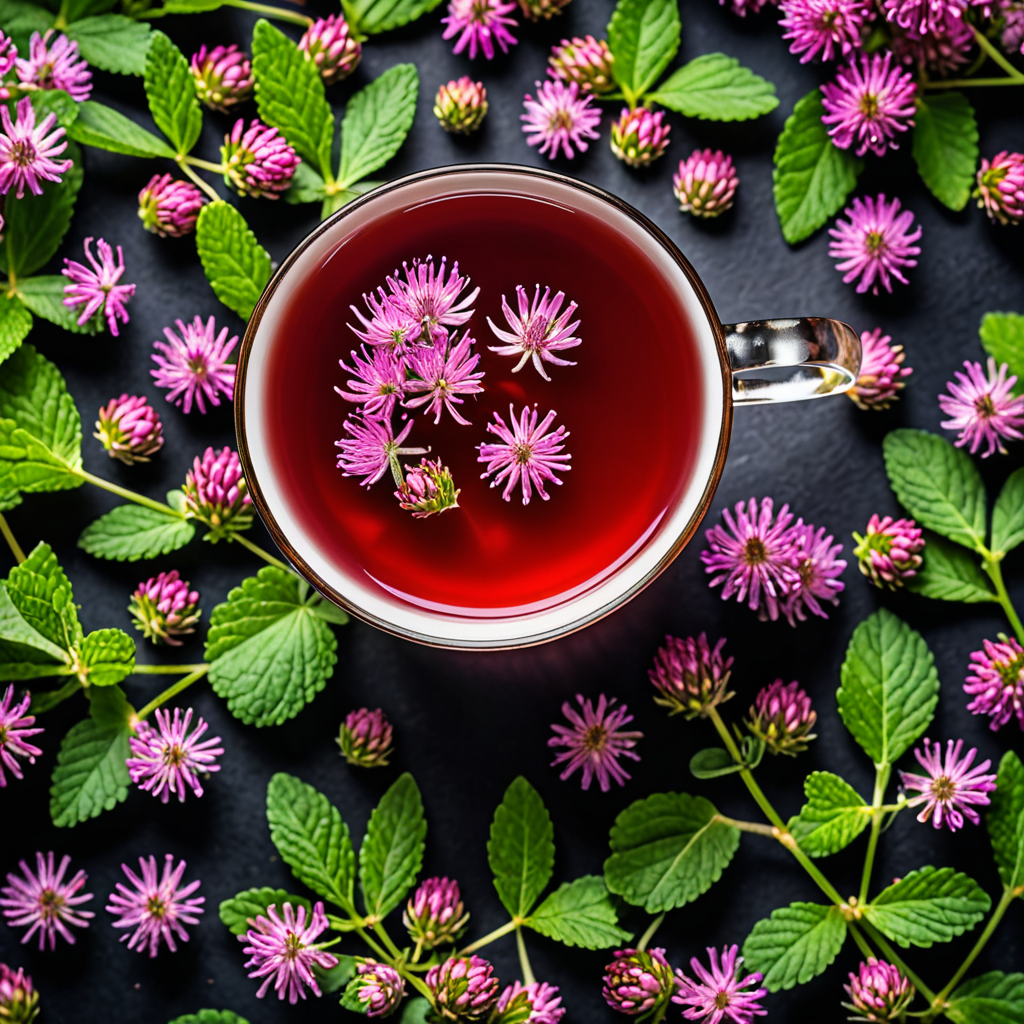
Assam Tea: A Rich History in Every Cup
Introduction
Nestled in the lush Brahmaputra Valley of northeastern India, Assam tea holds a distinct place in the global tea landscape. Renowned for its robust flavor and rich aroma, Assam tea has a captivating history that spans centuries, entwined with the culture, economy, and environment of the region.
Origins of Assam Tea
The story of Assam tea begins with the discovery of wild tea plants (Camellia sinensis assamica) in the forests of the Brahmaputra Valley. These indigenous plants were identified in the early 19th century, sparking an interest in cultivating tea commercially in the region.
Early Development of the Tea Industry
In 1839, the first experimental tea plantation was established in Assam. Led by British planters, these early efforts faced numerous challenges, including competition from other tea-producing regions and the need for a skilled workforce. However, with unwavering determination, the tea industry in Assam slowly began to take shape.
VI. Challenges and Adaptations
Despite its initial success, the Assam tea industry has faced numerous challenges over the years. Competition from other tea-producing regions, particularly Ceylon (now Sri Lanka), led to a decline in prices. Additionally, pests, diseases, and environmental factors have also impacted production. To overcome these challenges, the tea industry in Assam has adapted and evolved, introducing new technologies and implementing sustainable practices.
VII. Modern-Day Assam Tea
In recent years, the Assam tea industry has focused on sustainable cultivation practices and the production of high-quality, specialty teas. Organic farming methods, which minimize the use of pesticides and fertilizers, have become increasingly popular. Assamese tea producers are also exploring the production of unique and flavorful varieties, such as single-estate teas and teas with specific flavor profiles.
VIII. Cultural and Economic Impact
Assam tea is deeply ingrained in the culture of the region. It is an essential part of daily life, with tea stalls and shops found in every town and village. Tea plays a significant role in social gatherings and is often served as a sign of hospitality. Economically, the tea industry is a major employer in Assam, providing livelihoods for millions of people. It is also a significant contributor to the state's GDP.
IX. Assam Tea Industry Today
Today, Assam remains a leading tea-producing region in India. The state produces over half of India's total tea output and exports its teas to over 100 countries worldwide. The Assam Tea Auction Centre in Guwahati is one of the largest tea auctions in the world, where buyers from around the globe come to purchase the region's finest teas.
X. Conclusion
Assam tea has a rich and fascinating history that spans centuries. From its humble beginnings as a wild plant to its position as a global beverage, the story of Assam tea is a testament to the ingenuity, adaptability, and cultural significance of this extraordinary beverage. As the industry continues to evolve, Assam tea is poised to remain a cherished part of the world's tea-drinking traditions for generations to come.
Frequently Asked Questions (FAQs)
Q: What makes Assam tea unique?
A: Assam tea is known for its robust flavor, malty notes, and full-bodied character. These qualities are attributed to the unique terroir of the Brahmaputra Valley, where the tea plants grow in rich, alluvial soil and benefit from ample rainfall and sunshine.
Q: How is Assam tea processed?
A: Assam tea is typically processed using the orthodox method, which involves several stages, including withering, rolling, fermentation, and drying. This process preserves the natural flavors and aromas of the tea leaves.
Q: What is the best way to brew Assam tea?
A: Assam tea can be brewed in a variety of ways, including using a teapot, French press, or infuser. It is recommended to use freshly boiled water and steep the tea for 3-5 minutes, depending on desired strength. Milk and sugar can be added to taste.
Q: What are the health benefits of Assam tea?
A: Assam tea contains antioxidants, which may help protect against cell damage and reduce the risk of certain chronic diseases. It is also a good source of caffeine, which can provide a boost of energy and improve focus.


